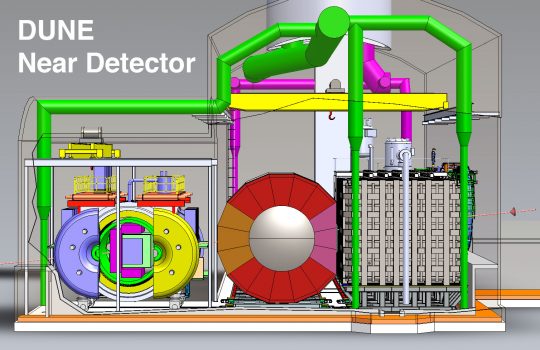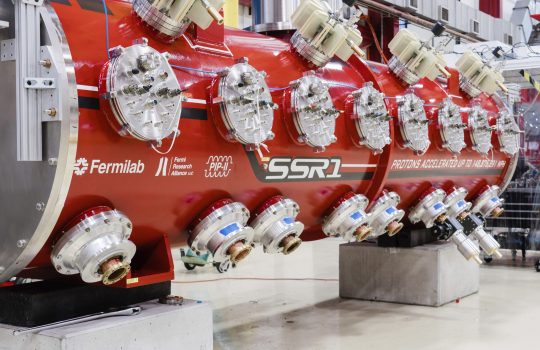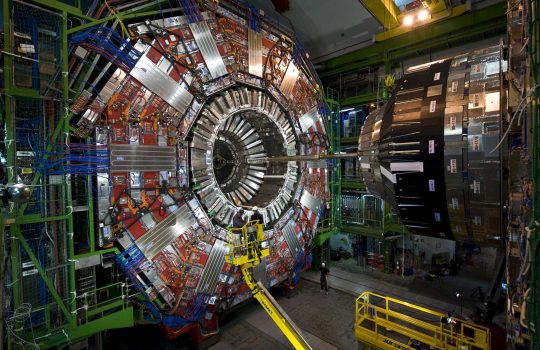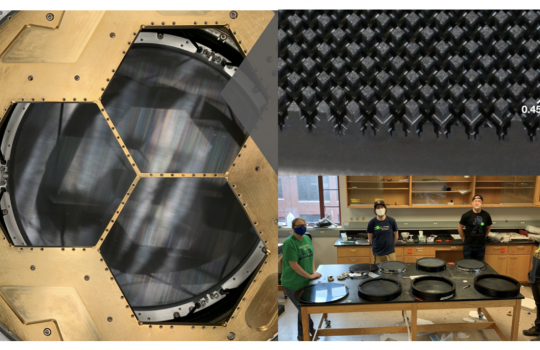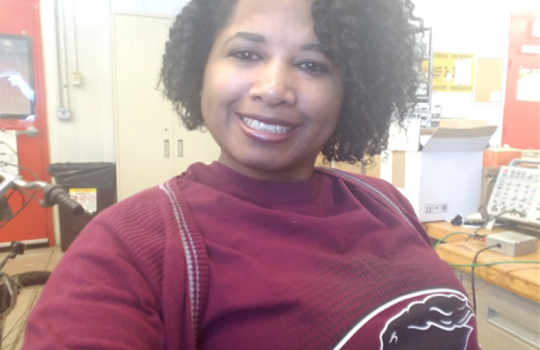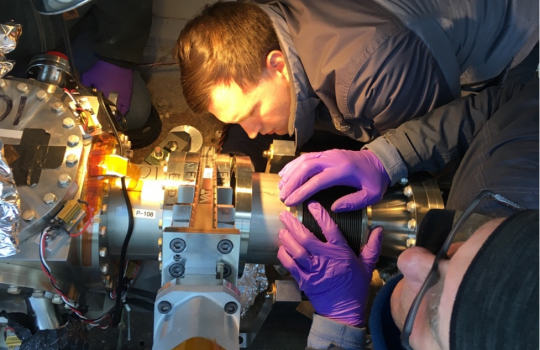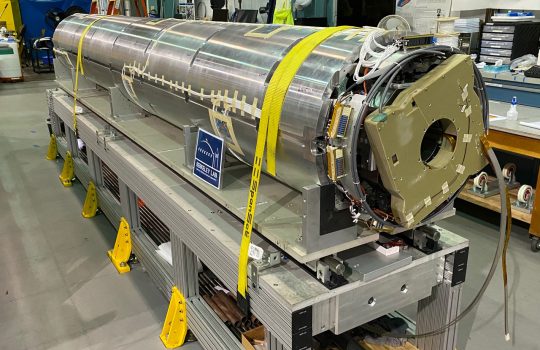Particle detector at Fermilab plays crucial role in Deep Underground Neutrino Experiment
- antimatter
- ArgonCube
- astrophysics
- cosmology
- dark photon
- Deep Underground Neutrino Experiment
- detector
- DUNE
- electrons
- heavy neutrino
- INFN
- Italy
- liquid argon
- muons
- neutrino
- oscillation
- Sanford Underground Research Facility
- SLAC National Accelerator Laboratory
- Stanford University
- tau
- University of Bern
- University of Oxford
DUNE’s near detector, located at Fermilab, will take vital measurements of neutrino beam energy and composition before it reaches the experiment’s far detector in South Dakota. Its unmatched precision measurements will offer its own opportunities for the discovery of new physics.

